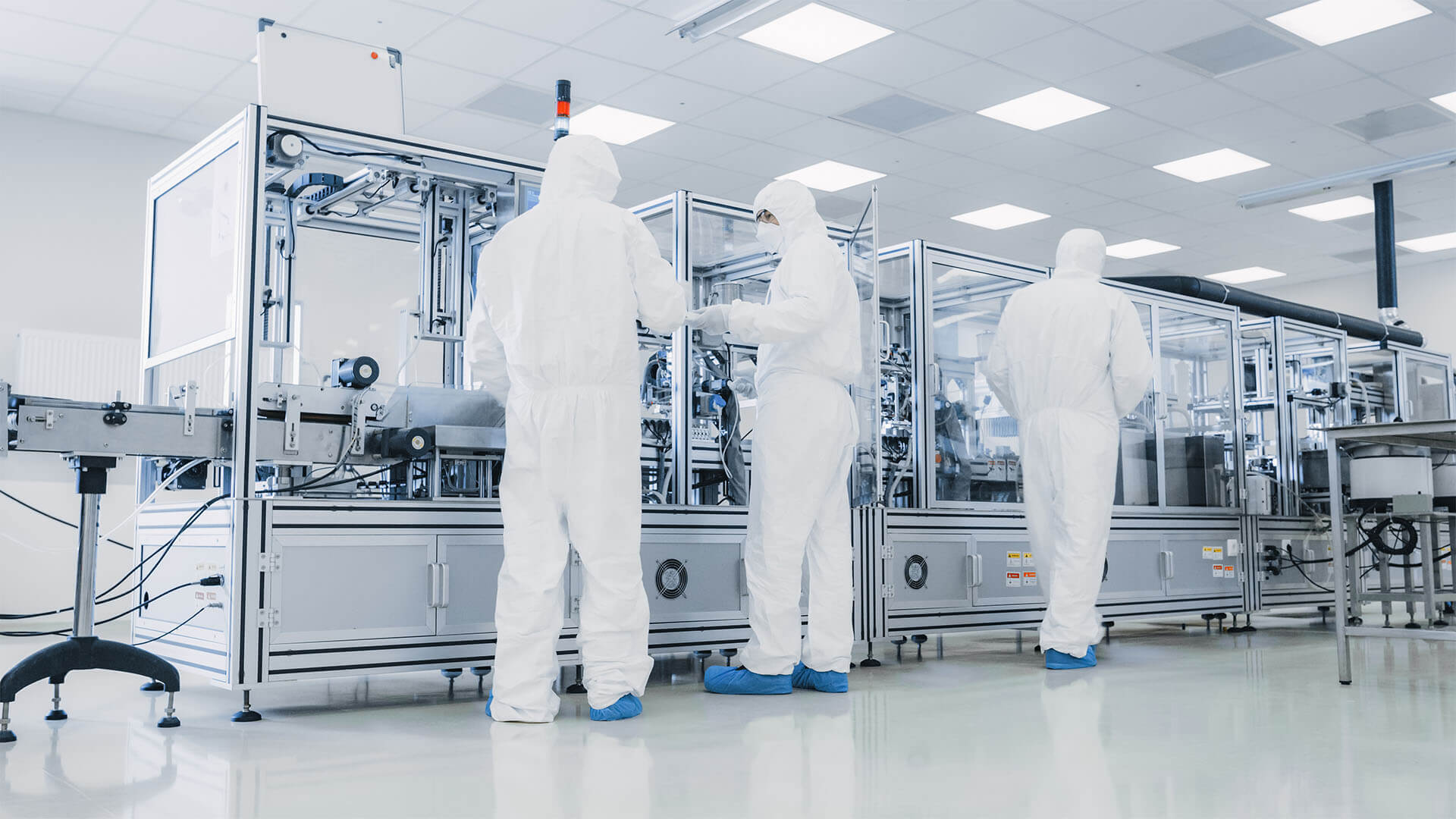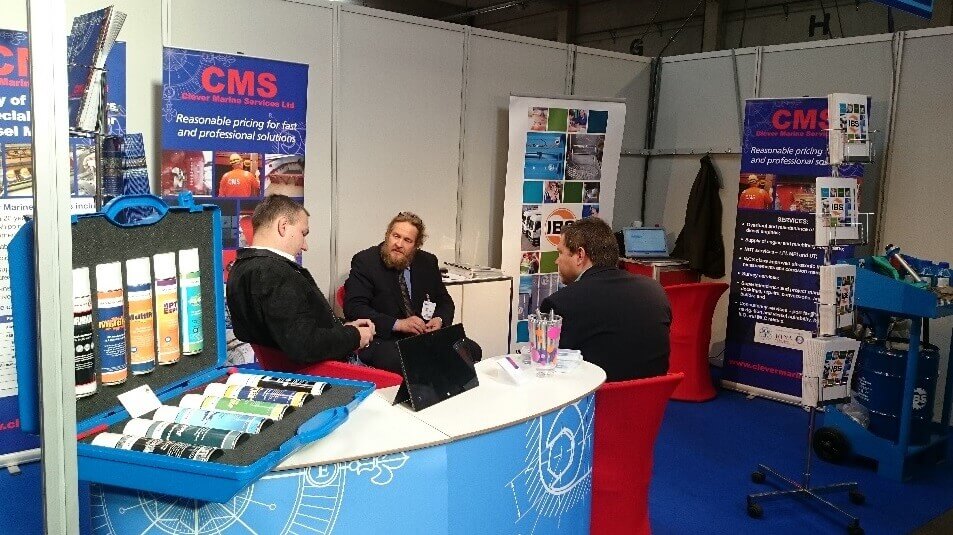
Established in 2017, Fusetec is a cutting-edge additive manufacturing company utilising the latest 3D technologies. Following the firm’s well-deserved success in Acquisition International’s Global Excellence Award 2020, we caught up with CEO Mark Roe to find out more about one most innovative additive companies operating in the industry today.
Located in Adelaide, Fusetec is revolutionising medical training using advanced additive manufacturing of human body parts for use as teaching aids during surgical training. To start, Mark provides a brief overview of the firm and offers more insight into its clientele.
“Fusetec manufactures fully operable, anatomically accurate, human body parts by segmenting CT and MRI scans of actual patients to recreate anatomies and pathological conditions of a subject through 3D printing, thereby enabling medical professionals to understand the practical complexities associated with the patient under study. Naturally, this allows residents and surgeons to rehearse new or complex procedures by practicing on models.
“In addition to this, actual footage obtained from a real-world operation can be viewed, providing surgeons a comparative assessment of both scenarios. The major benefit deriving from this training methodology is the elimination of cadavers and the dangers associated with such practices. The firm enables medical students, surgical residents, and even fully skilled surgeons to keep up to date with their training practices by utilising 3D printing technologies to reproduce anatomically accurate medical training devices with pathologies.”
In a world where 4.4 per cent of all surgical cases end up in fatality within 30 days, Fusetec are committed to changing lives through technology. Moreover, as Mark goes on to explain, the merits of additive manufacturing techniques are what inspired him to establish the company in the first place.
“Naturally, I wanted to bring some of the most promising additive manufacturing technologies to Australia, but buying commercial technology and offering a bureau service is ultimately a recipe for disaster. If you are buying off-the-shelf technology, there is nothing stopping competitors from doing the same. So, in my pursuit of a more beneficial business model, I discovered a hidden problem in the medical sector, how do surgeons train while avoiding the complexities associated with cadavers? The difficulty of the problem at hand invigorated us to take up the challenge head-on, bringing together a team of the most skilled professionals in the additive manufacturing, engineering, anatomy, and IT industries.”
In an attempt to offer a unique selling point, Fusetec like to keep its clients in suspense until the end of their videos as Mark points out.
“While promoting our products, we typically refrain from revealing to the surgeons that the body parts shown in the video are advanced manufactured anatomies until the end. Surgeons are generally flabbergasted, when it is revealed they have been viewing manufactured, life-like designed intricacies of pathologies and not the dissection of living tissue.”
The recent outbreak of COVID-19 has caused catastrophic disruption to all market sectors, however despite the pandemic halting the progress of its operations, the firm has still managed to prosper during these difficult and uncertain times thanks to its technological strengths as Mark explains further.
“Fusetec put on its thinking cap and repurposed our first sinus surgical training products into a COVID-19 swab training model. Partnering with the head of ENT, Associate Professor Alkis Psaltis at the Queen Elizabeth Hospital, we filmed a swab training video and personal protection equipment (PPE) training video, which has circulated around the globe. Additionally, we also responded to a call from the South Australian government, seeking local companies to manufacture PPE. Now, we are a proud manufacturer of face shields. Through our team’s creativity and will to accept new challenges, we have been able to keep the lights on and aid our frontline workers.”
Finally, Mark discusses the firm’s future prospects and outlines some of its plans for 2021 and beyond. “In response to our new reality, we will continue to support Master Surgeons teaching dissections via webinars. This has obviously never been done before, but we have the technology and capability to manufacture human body parts without the risk of harmful bacteria. Within the next decade, we believe it may be possible to manufacture human organs for transplant and every aspect of our learning will get us one step closer to this quantum leap forward in healthcare.”
For more information, please contact Mark Roe at www.fusetec.com.au




















